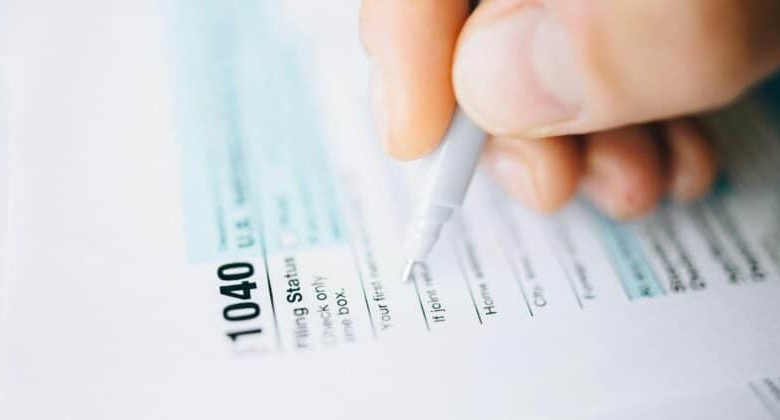Unpaid Taxes and the Risk of Property Loss

Unpaid property tariffs can quickly become more than just a financial inconvenience. For many owners, they represent a direct path toward losing their possessions. Local governments depend on property tax revenue, so they enforce strict rules for collection.
When payments fall behind, penalties and interest often pile up. If ignored long enough, these unpaid property taxes can lead to foreclosure. Understanding the risks and possible solutions helps property owners protect what matters most.
How Unpaid Taxes Build Up
At first, missing one payment may not seem like a big deal. However, property tax systems are
structured to collect revenue consistently. Interest charges and late fees start to accumulate almost immediately. As months go by, the debt grows larger than expected. What started as a manageable balance can quickly turn into a heavy financial burden. This snowball effect is one of the main reasons unpaid taxes create such serious problems.
The Link Between Taxes and Property Ownership
Property taxes are directly tied to ownership rights. When taxes are unpaid, local governments can claim a legal interest in the property. This claim, often called a tax lien, ensures the government has a way to recover lost revenue. If the lien is not resolved, the next step can be a tax sale or foreclosure. In those cases, the property may be auctioned off to pay the debt. For the owner, this means losing both equity and control.
Warning Signs to Watch For
Most property owners receive notices long before foreclosure happens. These letters are important early warning signs. Ignoring them allows the problem to grow and limits available options. Other signs include liens recorded in public records or legal filings from the local tax authority. If a property owner sees any of these red flags, action should be taken quickly. The sooner the issue is addressed, the more solutions remain available.
Options to Resolve Unpaid Taxes
Fortunately, there are ways to deal with unpaid property taxes before property loss occurs. One option is setting up a payment plan with the tax office. Another is refinancing or using equity to pay off the debt. Some owners may qualify for exemptions or relief programs, especially seniors or disabled individuals. Seeking professional advice can also help uncover local options. Taking any step toward resolution is better than waiting until foreclosure is near.
The Importance of Acting Quickly
Time is the most important factor in protecting property from tax-related loss. The longer someone waits, the fewer choices they have. Acting quickly prevents the debt from becoming overwhelming. It also avoids the stress and expense of legal battles. Property owners who respond promptly keep control of their situation. Quick action turns what feels like a crisis into a manageable problem.
Unpaid property taxes are more than just overdue bills. They carry the risk of liens, legal action, and ultimately property loss. The good news is that with awareness and timely action, owners can protect their homes and investments. Watching for warning signs and exploring payment or relief options makes all the difference. While ignoring the issue creates serious consequences, facing it directly brings peace of mind. In the end, staying proactive ensures both financial stability and property security.




